Indigenous Governance Database
Laws and Codes
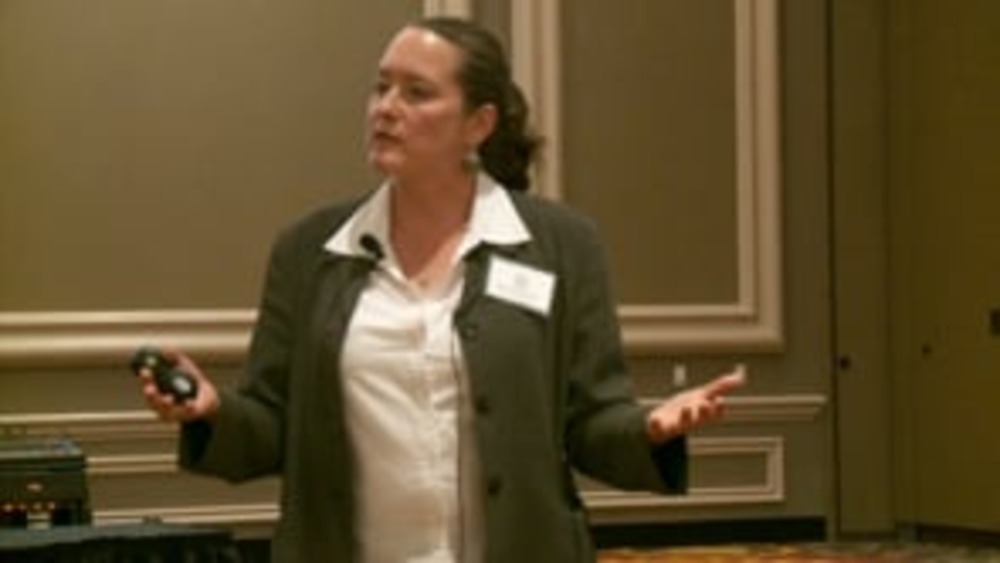
Miriam Jorgensen: Considering People-Made Law in Your Constitution (Presentation Highlight)
In this highlight from the presentation "Key Things a Constitution Should Address: 'How Do We Make Law?'," Miriam Jorgensen lays out some of the different ways that Native nations can provide mechanisms for citizens of those nations to make laws or change laws governing those nations.
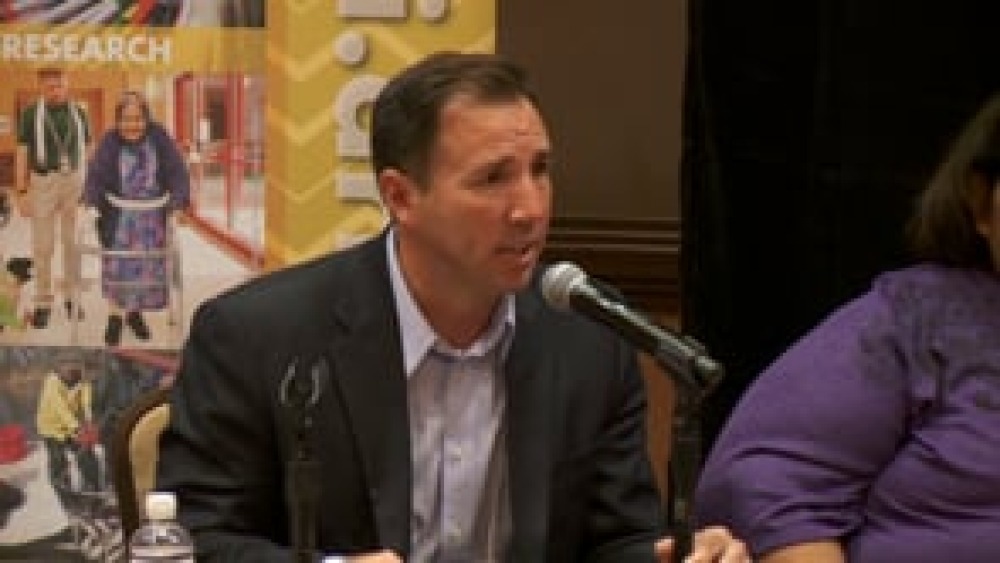
Catalina Alvarez and Robert McGhee: What I Wish I Knew Before I Took Office (Q&A)
Tribal leaders Catalina Alvarez (Pascua Yaqui Tribe) and Robert McGhee (Poarch Band of Creek Indians) field questions from seminar participants on an array of topics ranging from codes of ethics to creating mechanisms for transparent governance.
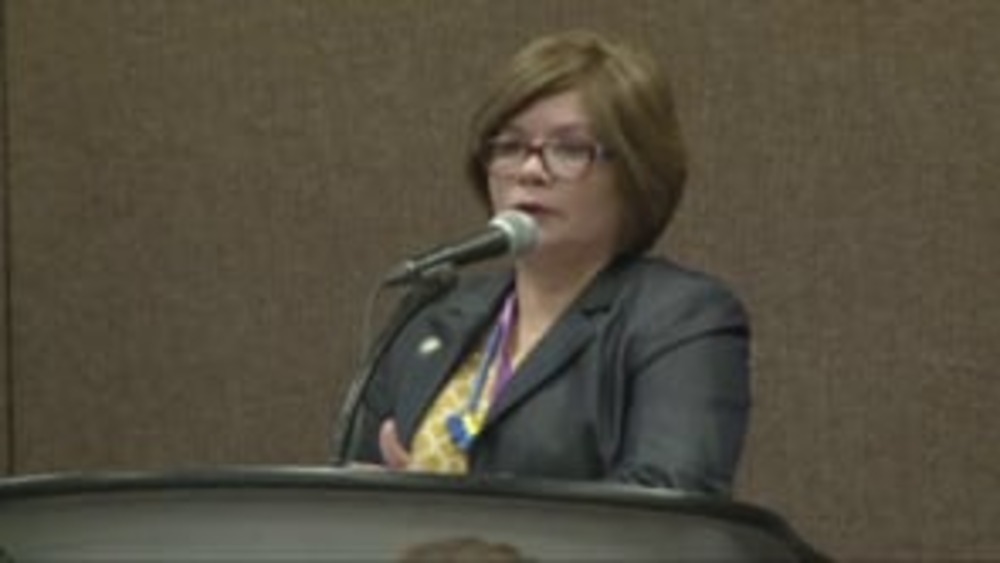
Patricia Riggs: The Role of Citizen Engagement in Nation Building: The Ysleta del Sur Pueblo Story
Patricia Riggs, Director of Economic Development for Ysleta del Sur Pueblo (YDSP), discusses how YDSP has spent the past decade developing and fine-tuning its comprehensive approach to engaging its citizens in order to identify and then achieve its nation-building priorities. This video resource…
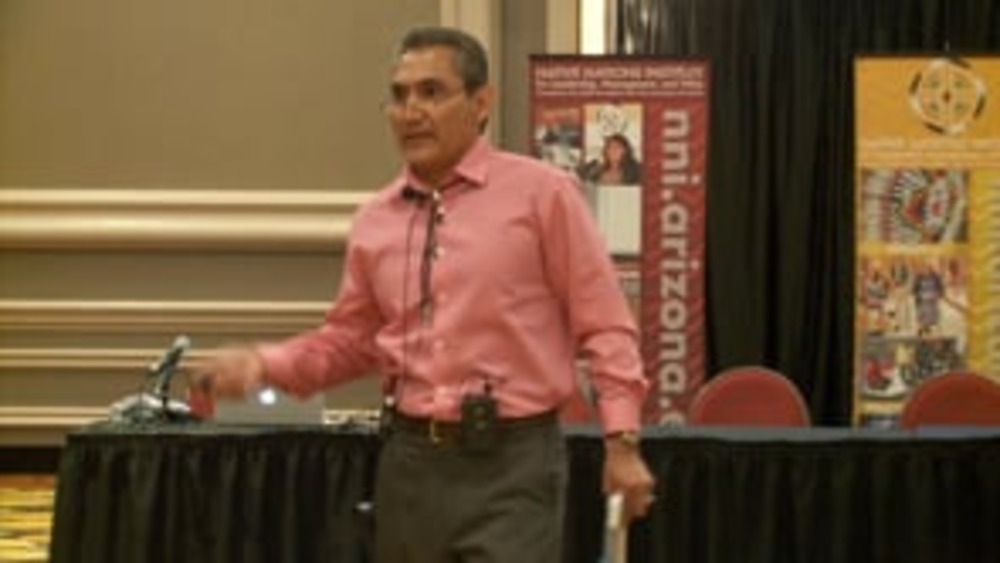
Joseph Flies-Away: Knowing, Living and Defending the Rule of Law
Joseph Flies-Away (Hualapai), Associate Justice of the Hualapai Nation Court of Appeals, discusses the importance of Native nations building and living a sound, culturally sensible rule of law -- through constitutions, codes, common law and in other ways -- that everyone in those nations knows,…
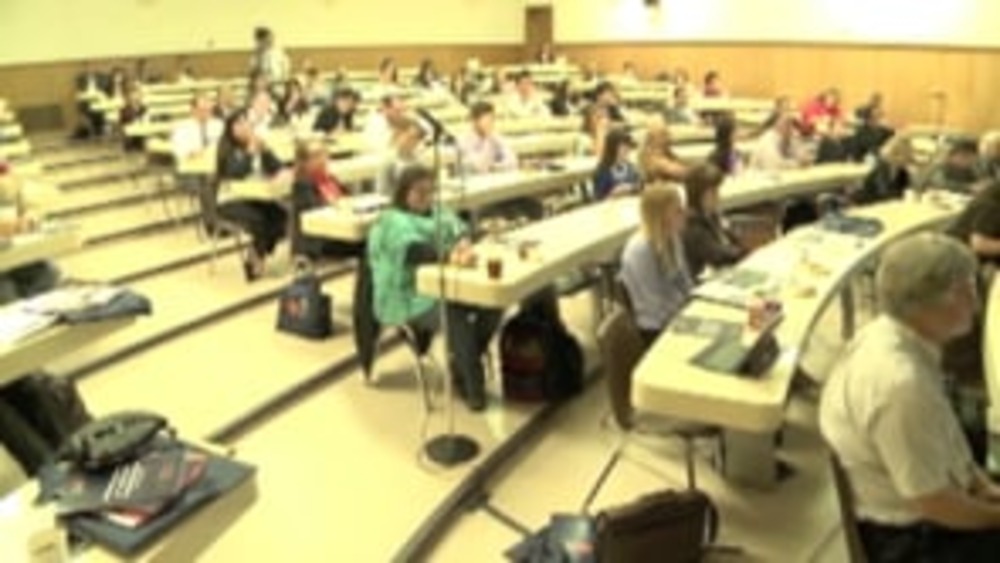
Good Native Governance Plenary 1: Innovations in Law
UCLA School of Law "Good Native Governance" conference presenters, panelists and participants Carole E. Goldberg, Matthew L.M. Fletcher, and Kristen A. Carpenter discuss law and the issues that Native nations deal with. Goldberg explains the recommendations of the Indian Law and Order Commission…
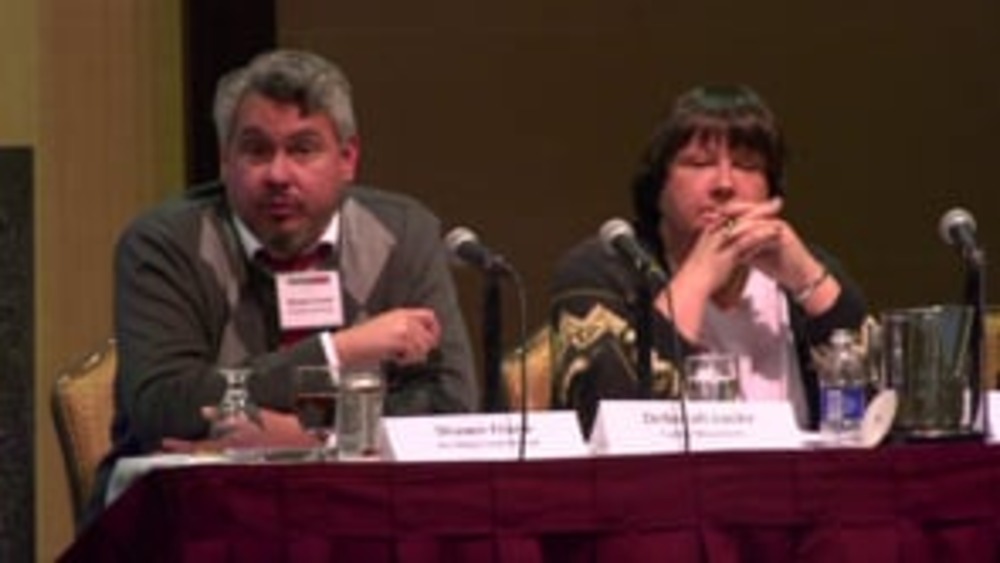
Shawn Frank: Disenrollment: Considerations of Process
Attorney Shawn Frank stresses the importance of Native nations ensuring that they establish and operate processes for disenrolling their citizens that is fair and transparent. He also offers some strategies that a Native nation can follow in order to create that fairness and transparency -- and…
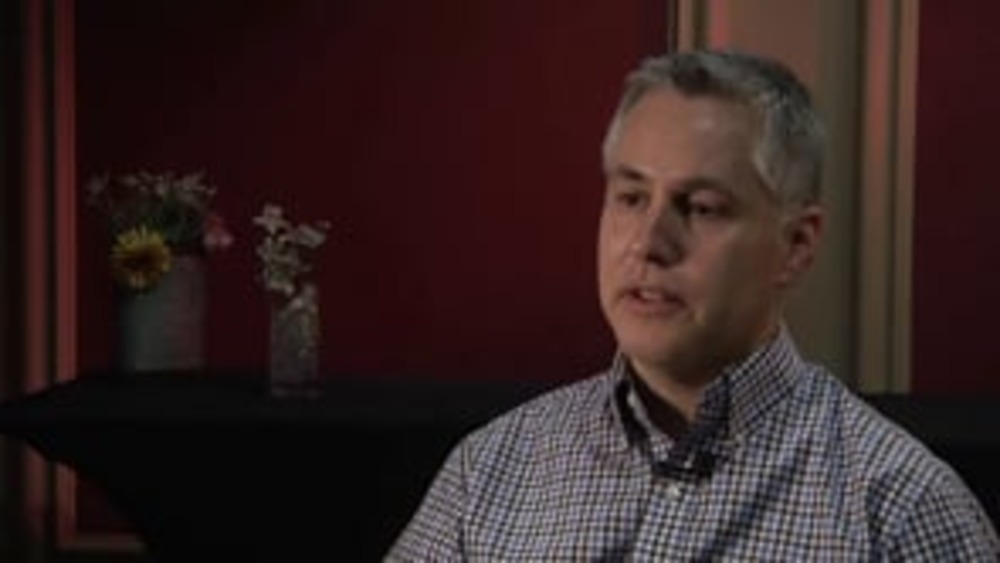
John Borrows: Revitalizing Indigenous Constitutionalism in the 21st Century
In this thoughtful conversation with NNI's Ian Record, scholar John Borrows (Anishinaabe) discusses Indigenous constitutionalism in its most fundamental sense, and provides some critical food for thought to Native nations who are wrestling with constitutional development and change in the 21st…
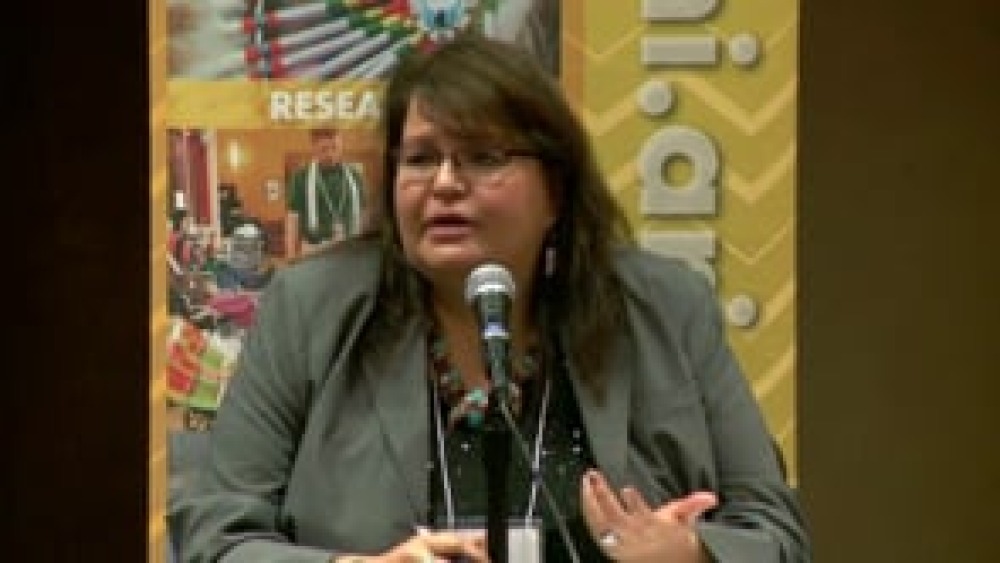
Eldena Bear Don't Walk: So What's So Important about Tribal Courts?
Eldena Bear Don't Walk, Chief Justice of the Confederated Salish and Kootenai Tribes, discusses some of the things that tribal justice systems need to have in place in order to be effective, and how important it is for Native nation governments and citizens to respect and support the decisions…
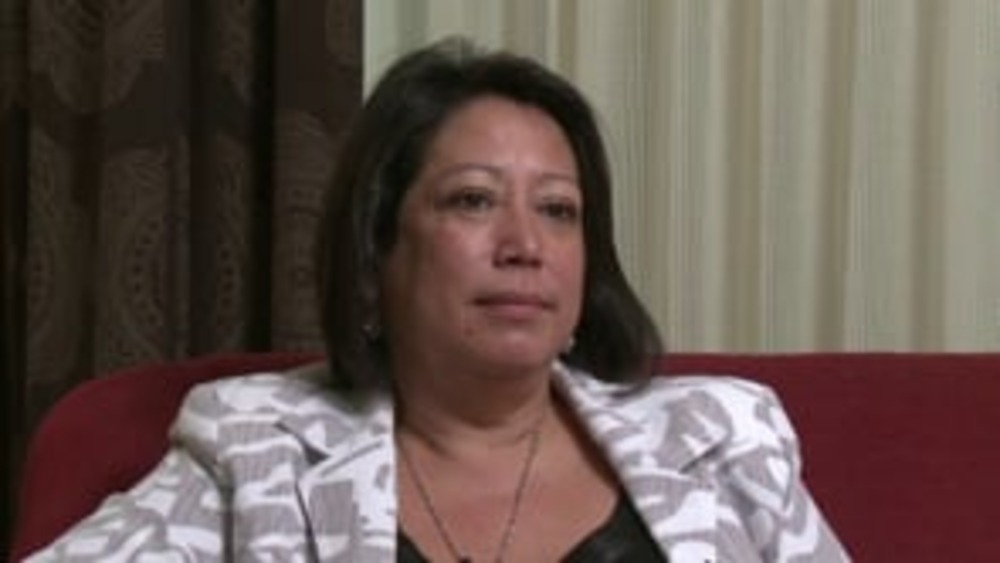
Angela Wesley: Huu-ay-aht First Nations' Forging of a New Governance System
Angela Wesley, Chair of Huu-ay-aht Constitution Committee, discusses the painstaking effort the Huu-ay-aht First Nations undertook to develop a new constitution and system of governance, and how they continue to work to turn the promise of self-governance embodied in their new constitution into…
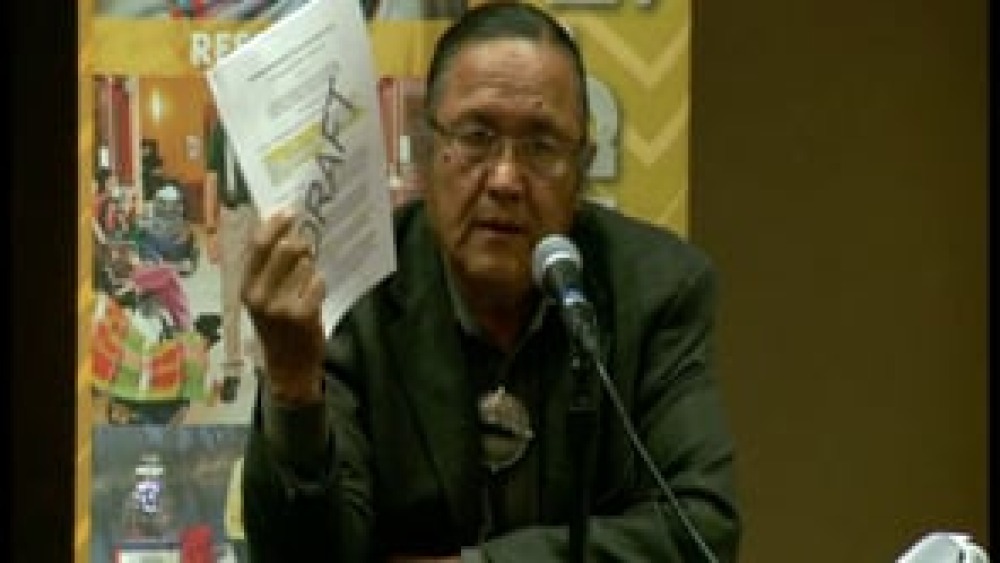
Robert Yazzie: Traditional Principles of Leadership
Former Chief Justice Robert Yazzie of the Navajo Nation Supreme Court provides an overview of the traditional Diné governance system and specifically the leadership principles that Diné leaders relied upon to make sound, informed, strategic decisions in consultation with and on behalf of…
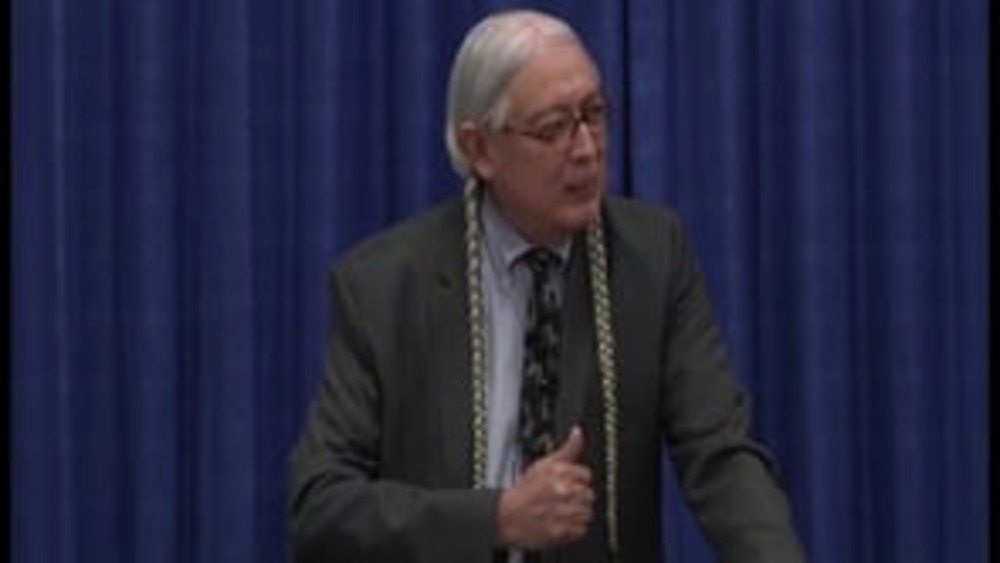
Walter Echo-Hawk: In the Light of Justice: The Rise of Human Rights in Native America & the U.N. Declaration of the Rights of Indigenous Peoples
Walter Echo-Hawk, legendary civil rights attorney, discusses his latest book In the Light of Justice: The Rise of Human Rights in Native America & the UN Declaration of the Rights of Indigenous Peoples, stressing the need for Native nations and peoples to band together to mount a campaign to…
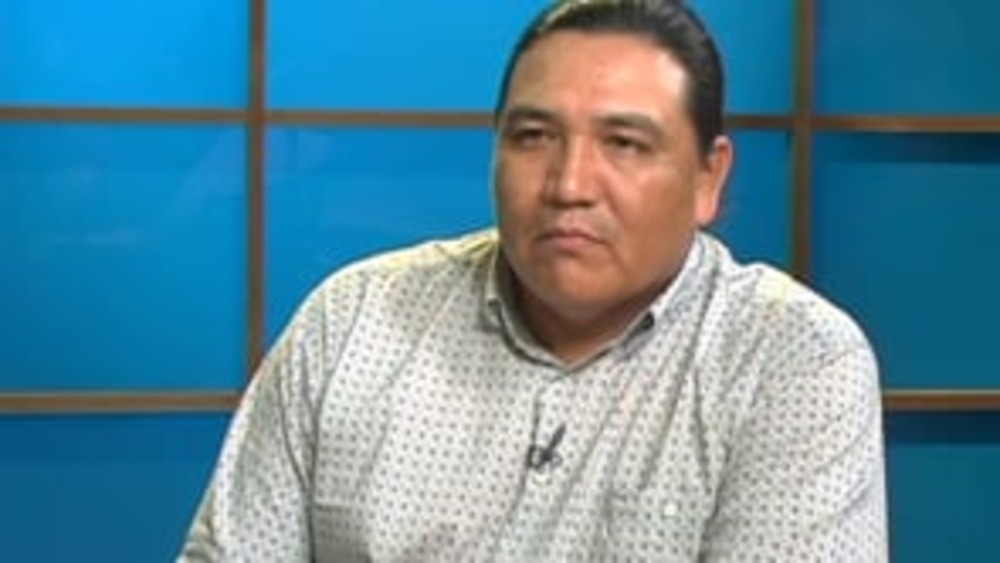
Leroy LaPlante, Jr.: Effective Bureaucracies and Independent Justice Systems: Key to Nation Building
In this informative interview with NNI's Ian Record, Leroy LaPlante, Jr., former chief administrative officer with the Cheyenne River Sioux Tribe and a former tribal judge, offers his thoughts on what Native nation bureaucracies and justice systems need to have and need to do in order to support…
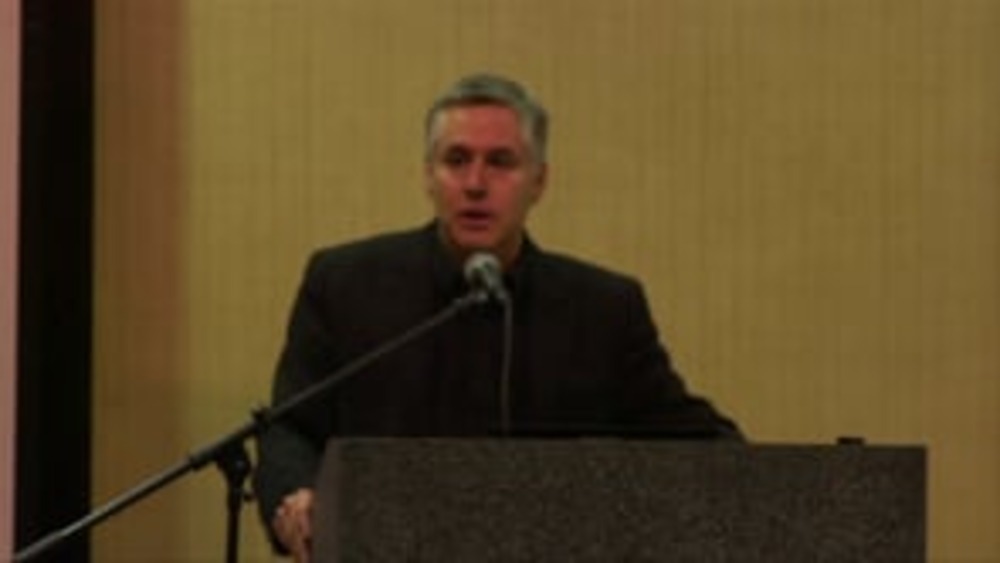
John Borrows: Anishinaabe Principles of Citizenship and Identity
University of Minnesota Law Professor John Borrows (Anishinaabe) provides an overview of how Anishinaabe people defined citizenship and identity traditionally, and how the cultural principles embedded in that traditional definition possess great power to inform laws defining tribal citizenship…
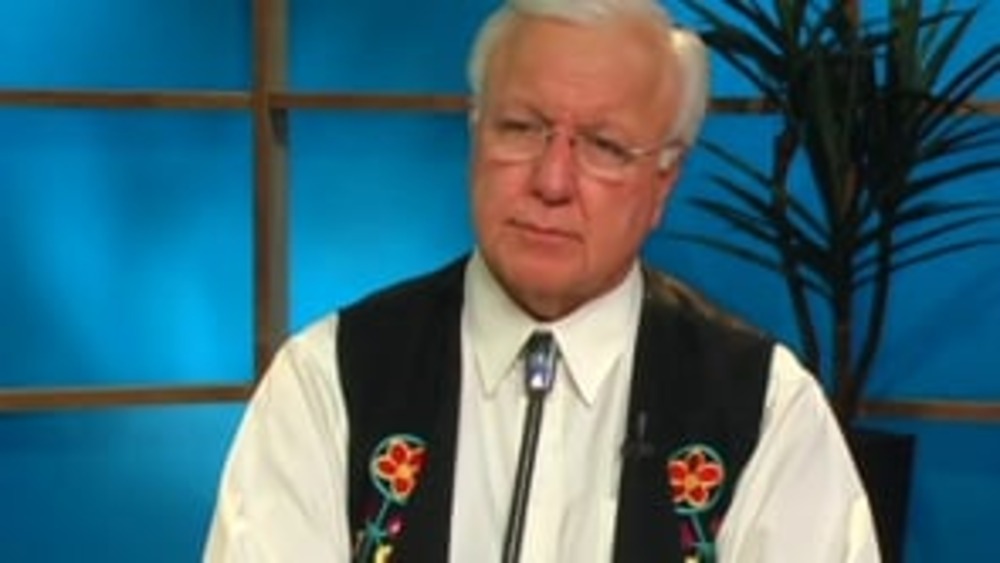
John "Rocky" Barrett: Constitutional Reform and the Citizen Potawatomi Nation's Path to Self-Determination
In this wide-ranging interview with NNI's Ian Record, longtime chairman John "Rocky" Barrett of the Citizen Potwatomi Nation provides a rich history of CPN's long, difficult governance odyssey, and the tremendous strides that the nation has made socially, economically, politically, and culturally…
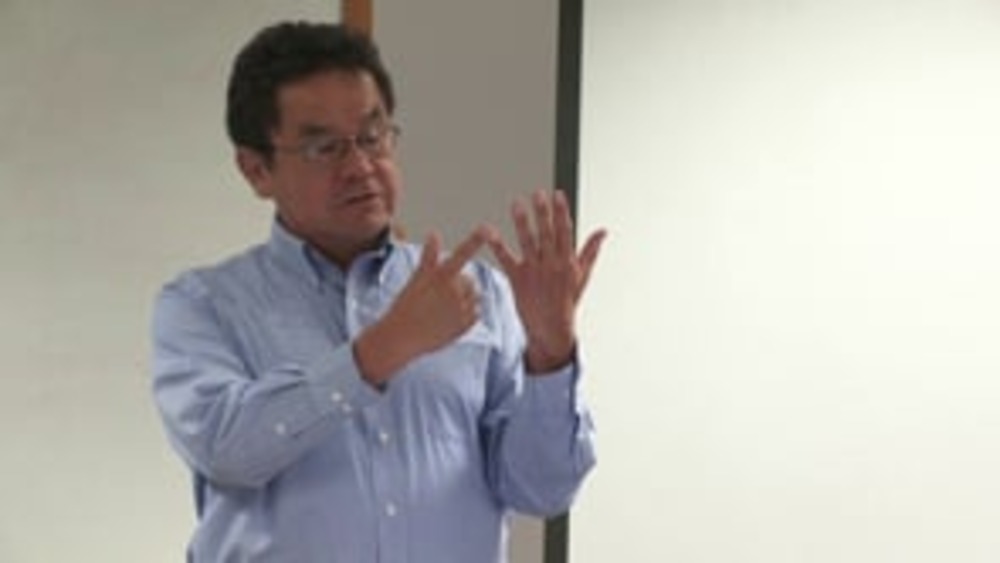
John Petoskey: Tribal Sovereign Immunity and the Michigan v. Bay Mills case: What the Future Likely Holds and How Native Nations Should Prepare
In this lecture for faculty and students of the University of Arizona's Indigenous Peoples Law and Policy Program, NNI Indigenous Leadership Fellow John Petoskey provides a comprehensive background of the Michigan v. Bay Mills case currently pending before the U.S. Supreme Court and discusses what…
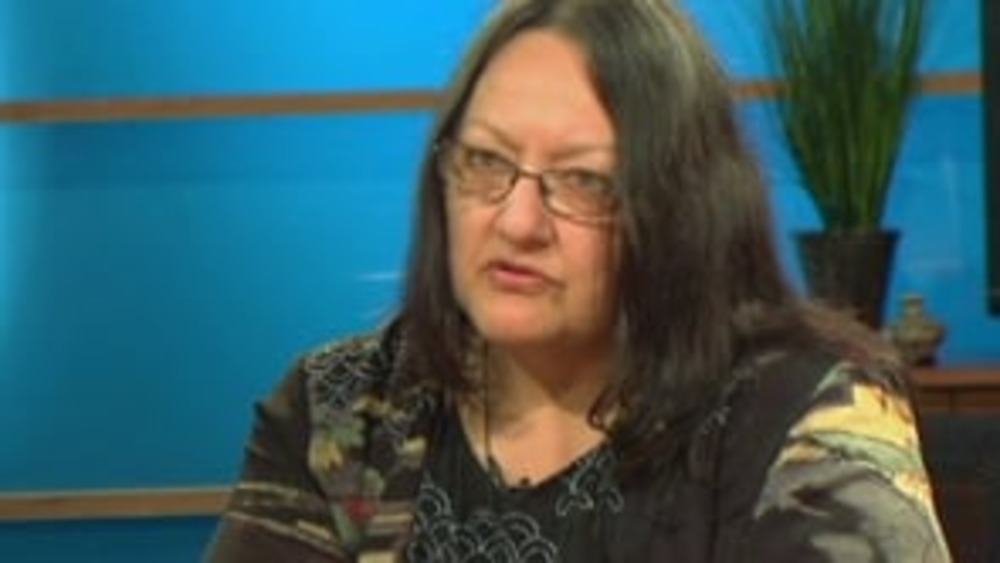
Suzan Shown Harjo: Five Decades of Fighting for Tribal Sovereignty and Self-Determination
In this wide-ranging interview, longtime Native American rights advocate Suzan Harjo discusses her involvement in the development and ratification of the American Indian Religious Freedom Act, the Native American Graves Protection and Repatriation Act, and the legislation creating the National…
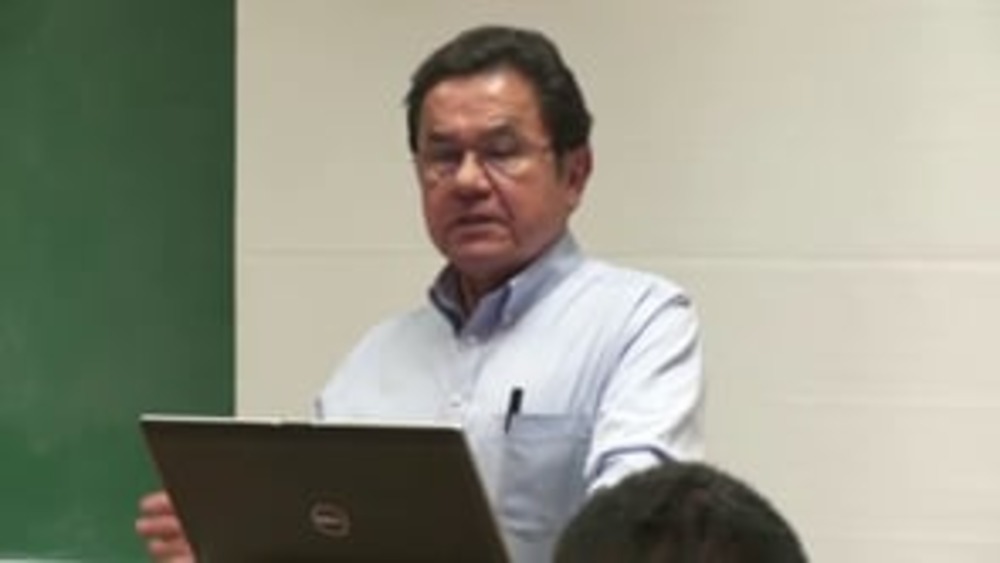
John Petoskey: The Central Role of Justice Systems in Native Nation Building
John Petoskey, citizen and longtime general counsel of the Grand Traverse Band of Ottawa and Chippewa Indians (GTB), discusses the key role that justice systems play in Native nation building, and provides an overview of how GTB's distinct history led it to develop a new constitution and system of…
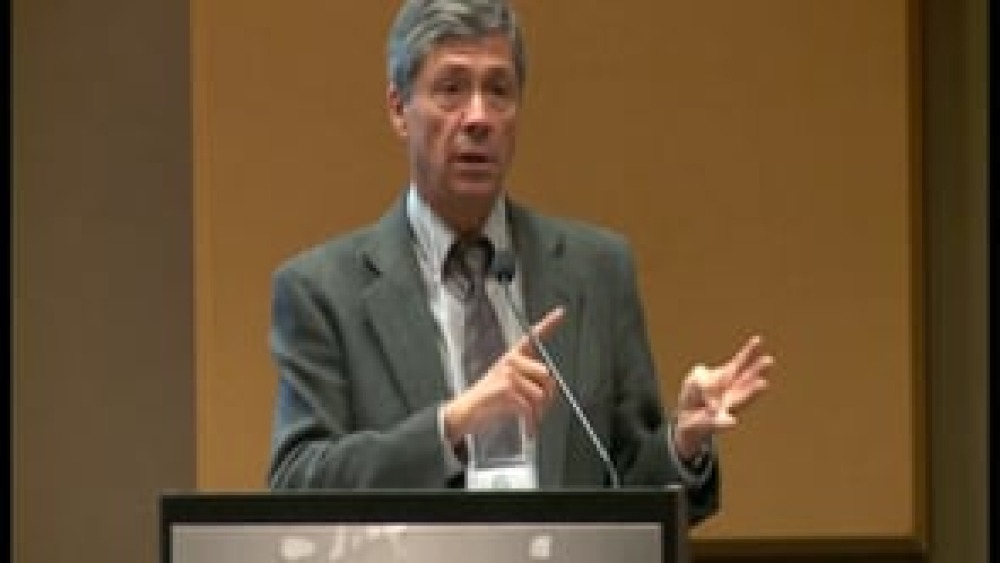
Robert Miller: Creating Sustainable Reservation Economies
In this informative and lively talk, law professor Robert Miller discusses the importance of Native nations building diversified, sustainable reservation economies through the cultivation and support of small businesses owned by their citizens, and offers some strategies for how Native nations can…
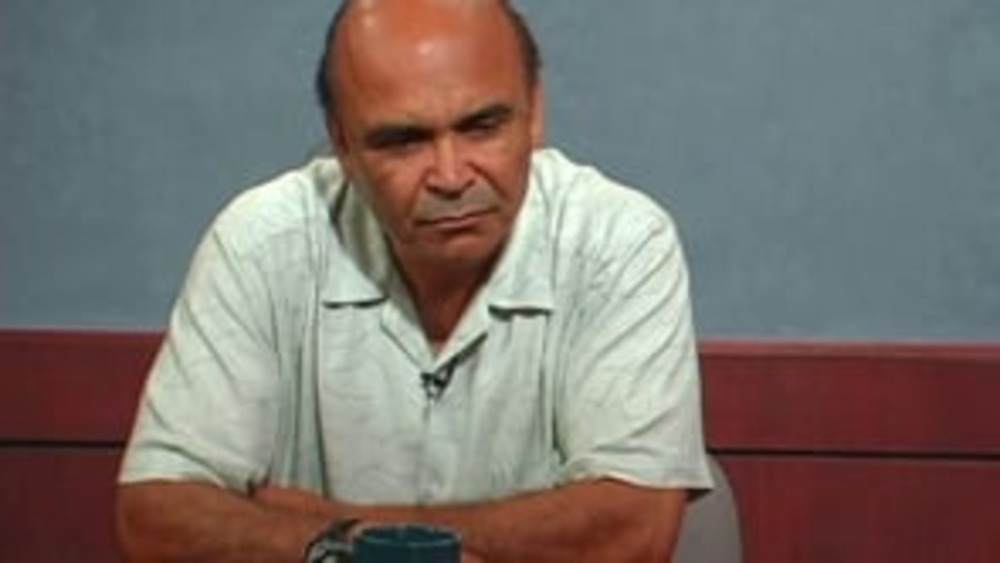
David Wilkins: Indigenous Governance Systems: Diversity, Colonization, Adaptation, and Resurgence
In this in-depth interview with NNI's Ian Record, federal Indian law and policy scholar David Wilkins discusses the incredible diversity and sophistication of traditional Indigenous governance systems, the profound impacts colonial policies had on those systems, and how Native nations are working…
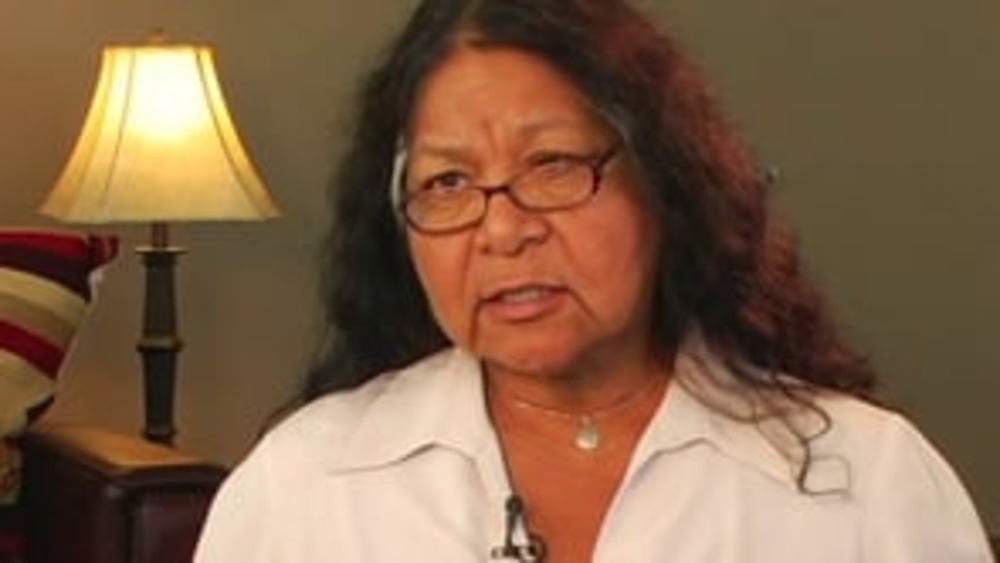
Diane Enos: Building a Sustainable Economy at Salt River
In this informative interview with NNI's Ian Record, Diane Enos, President of the Salt River Pima-Maricopa Indian Community, discusses some of the many significant steps that Salt River has taken over the past few decades to systematically build a self-sufficient, sustainable economy.
Pagination
- First page
- …
- 2
- 3
- 4
- …
- Last page
